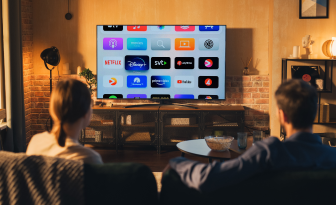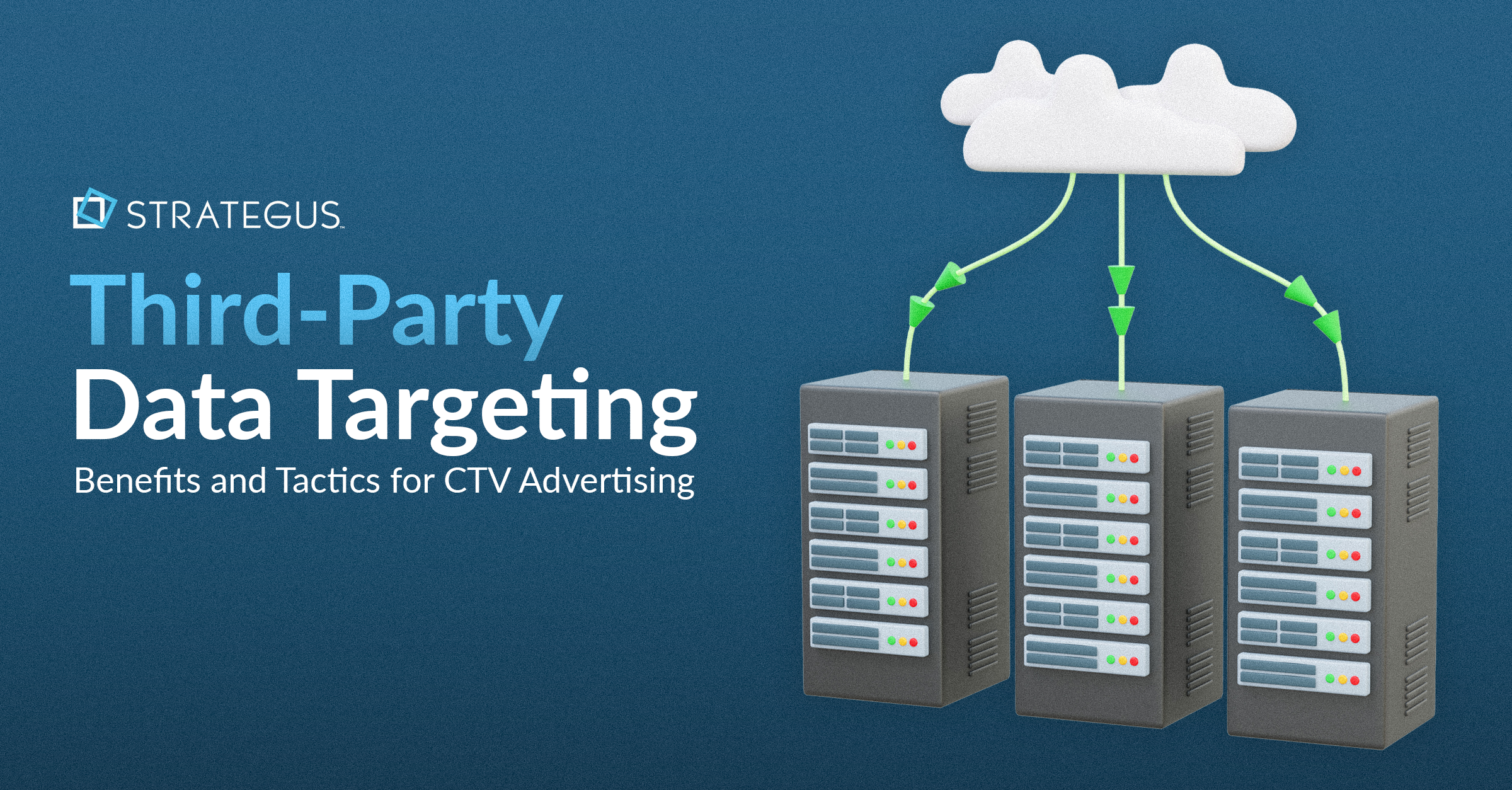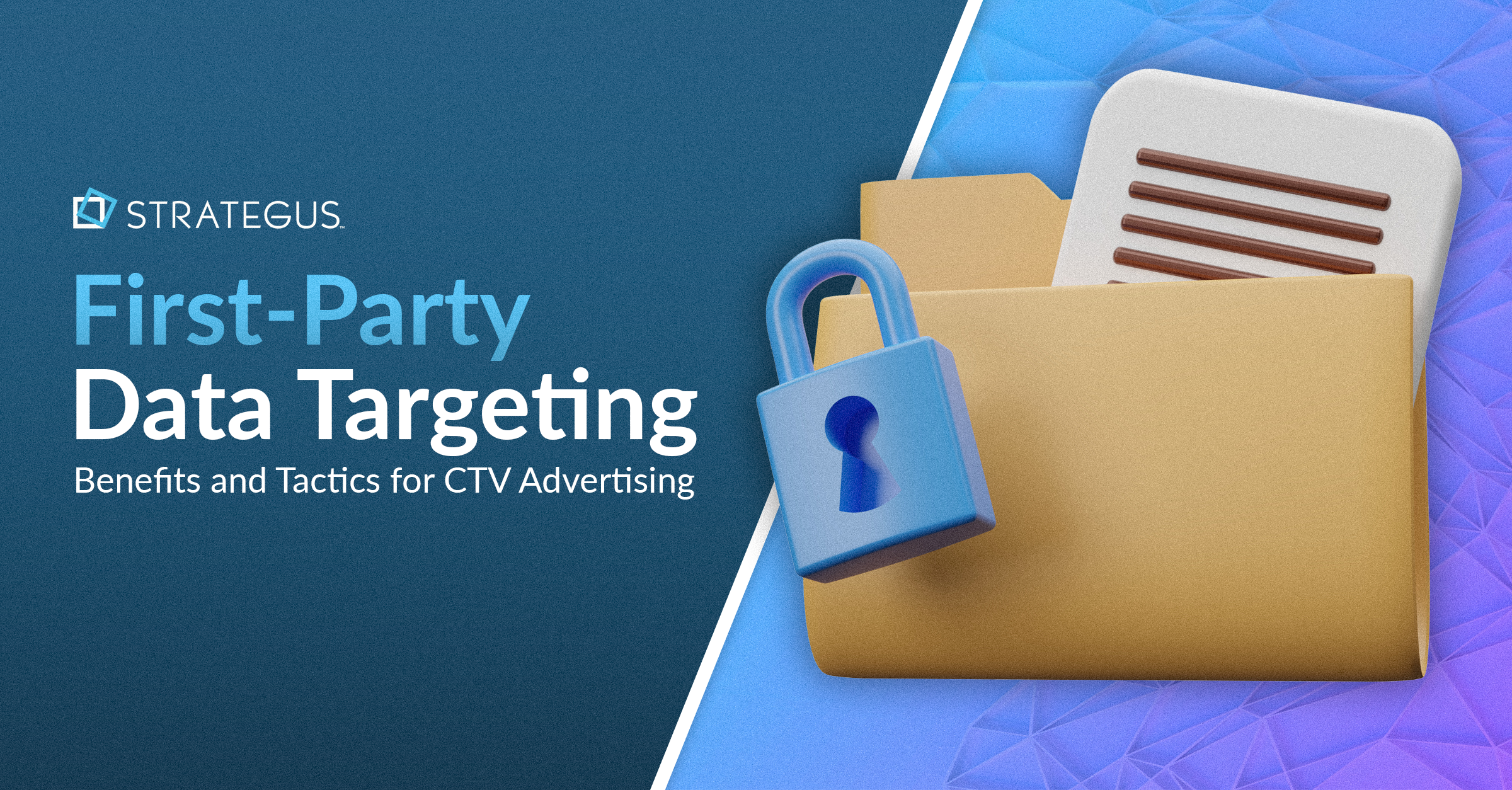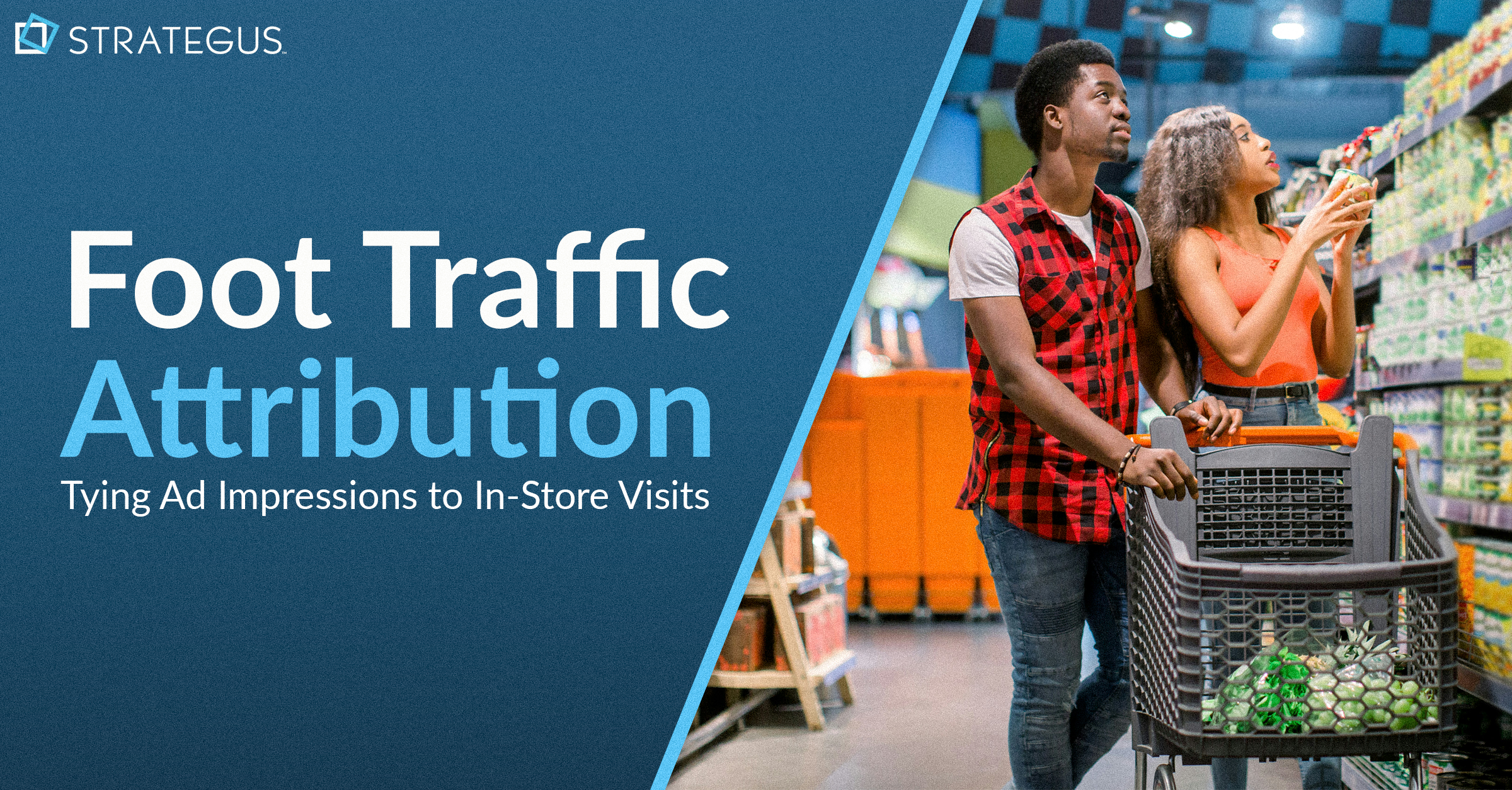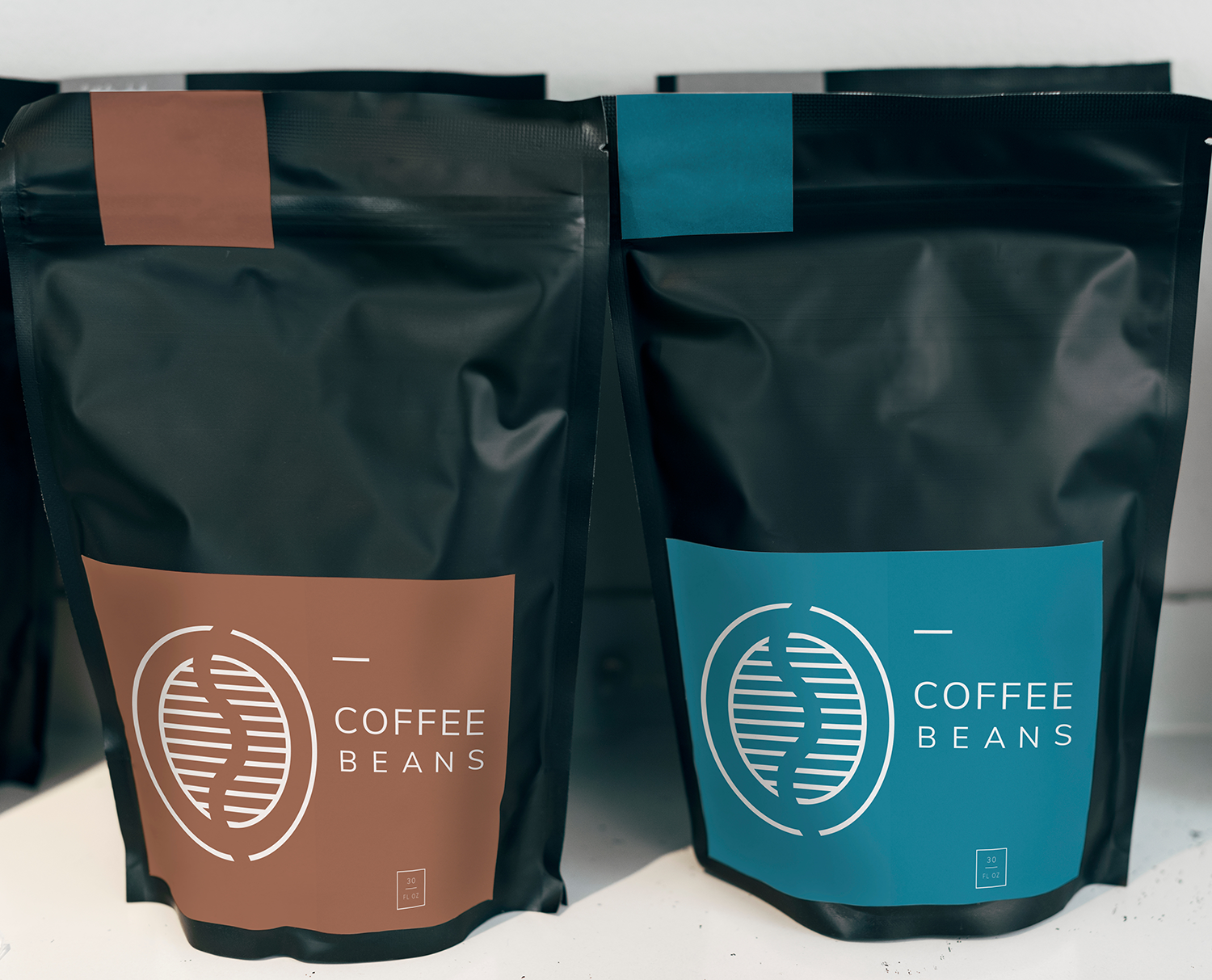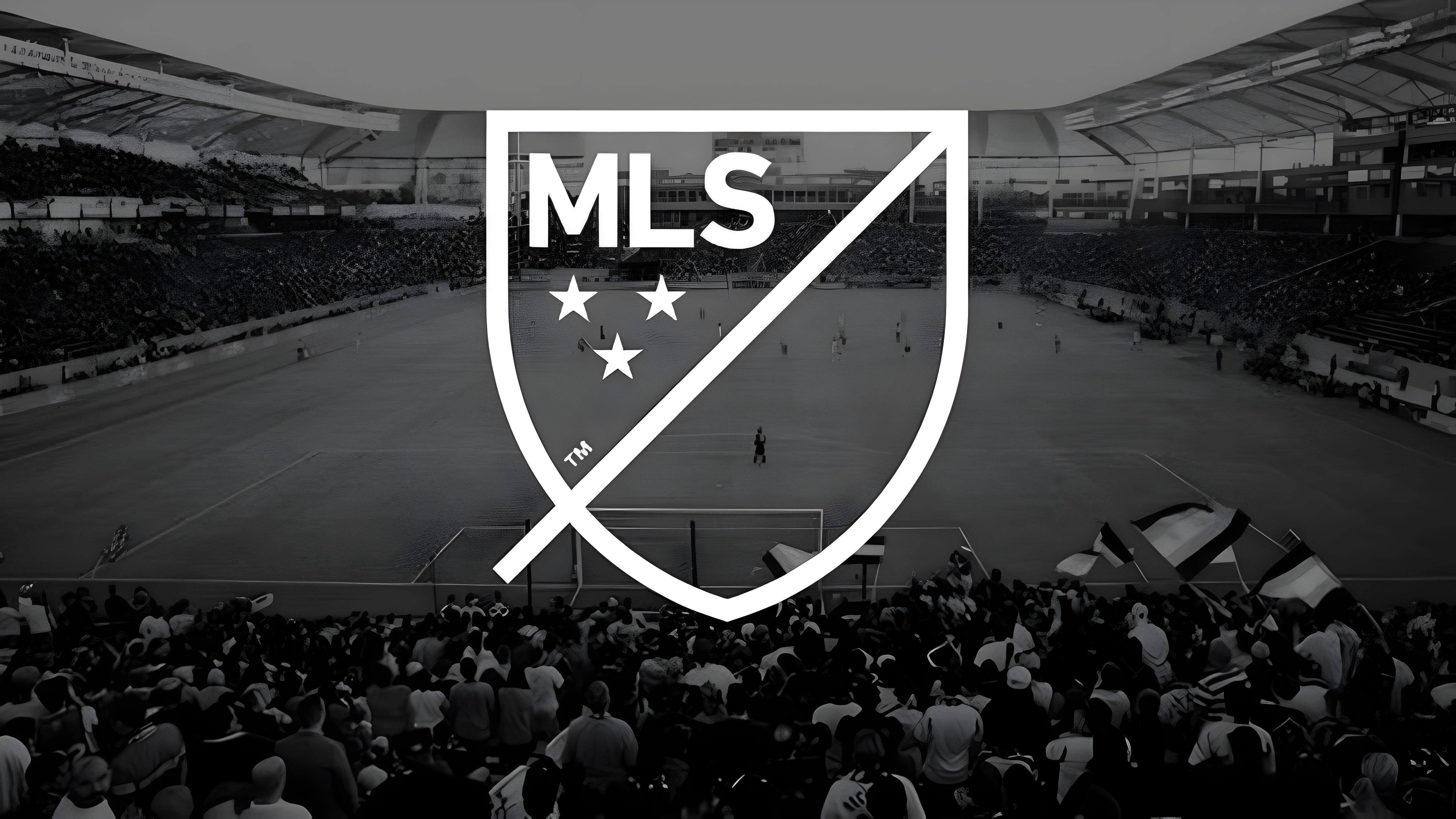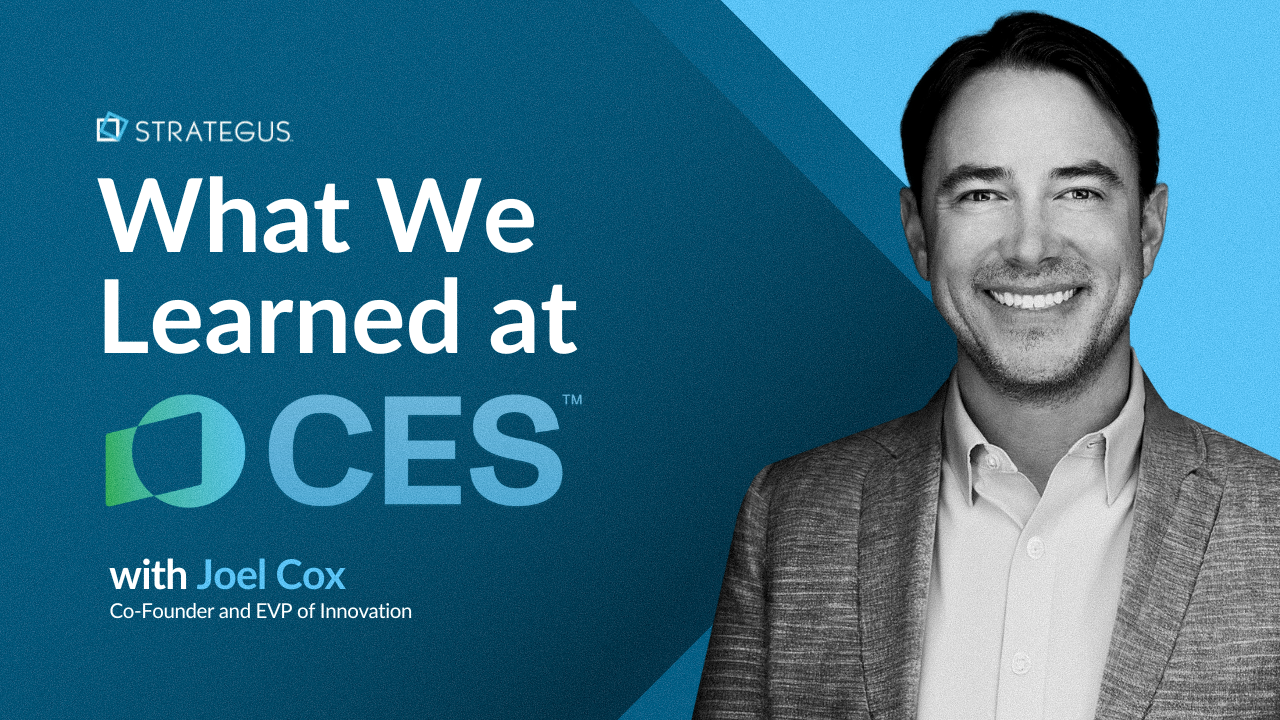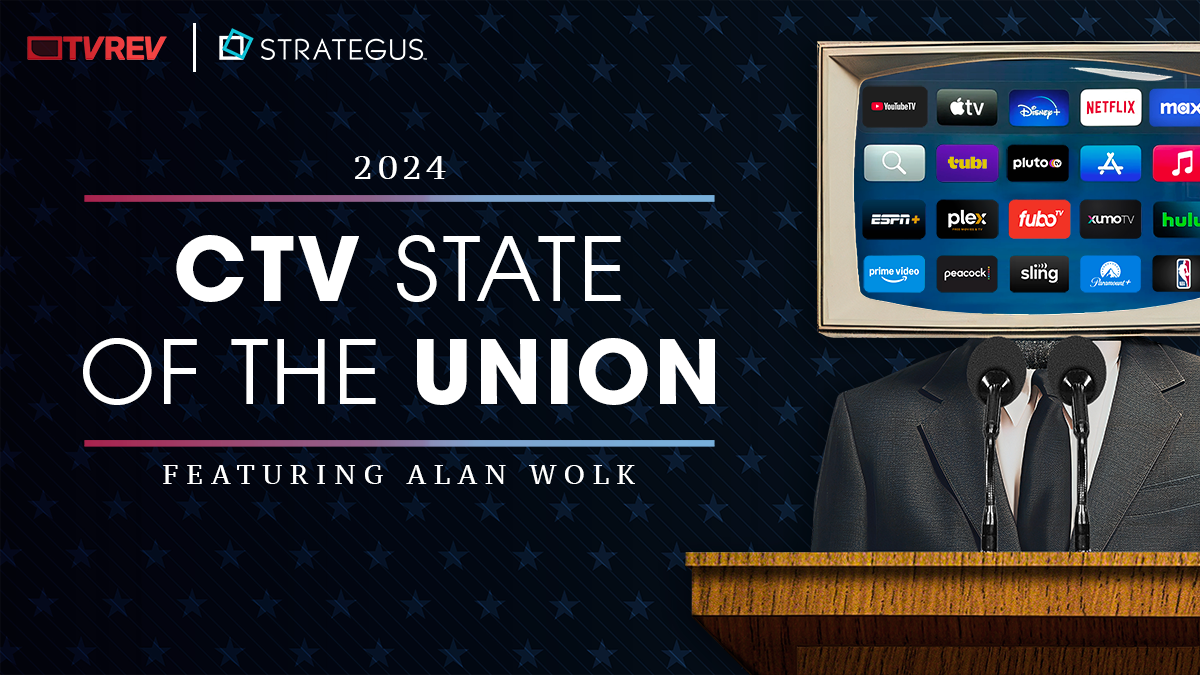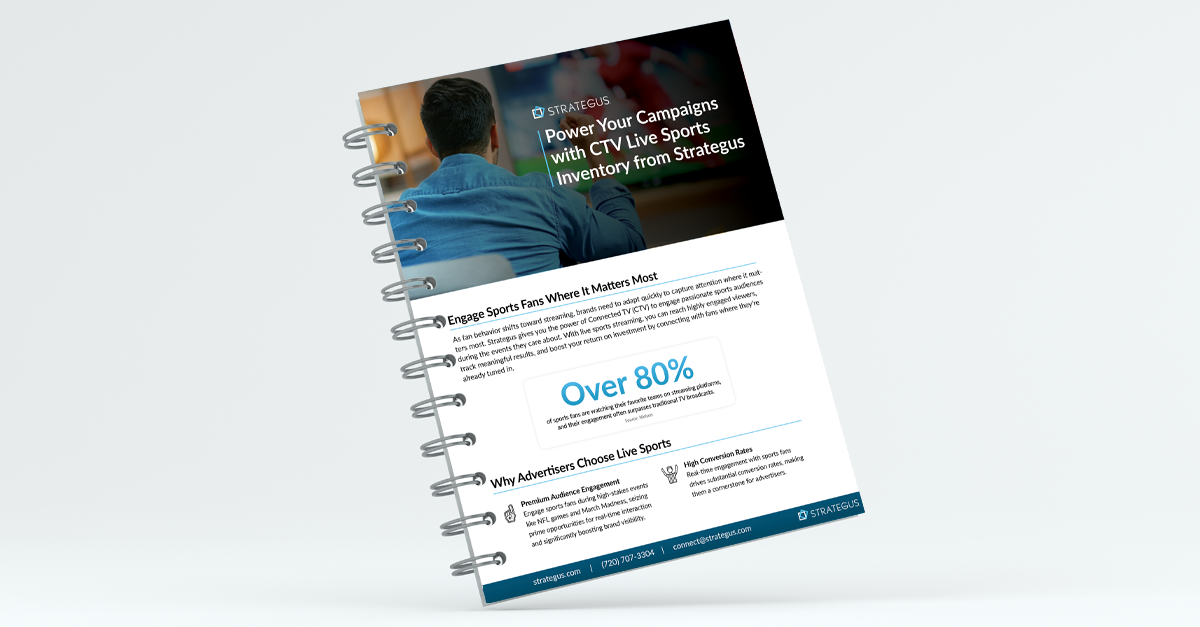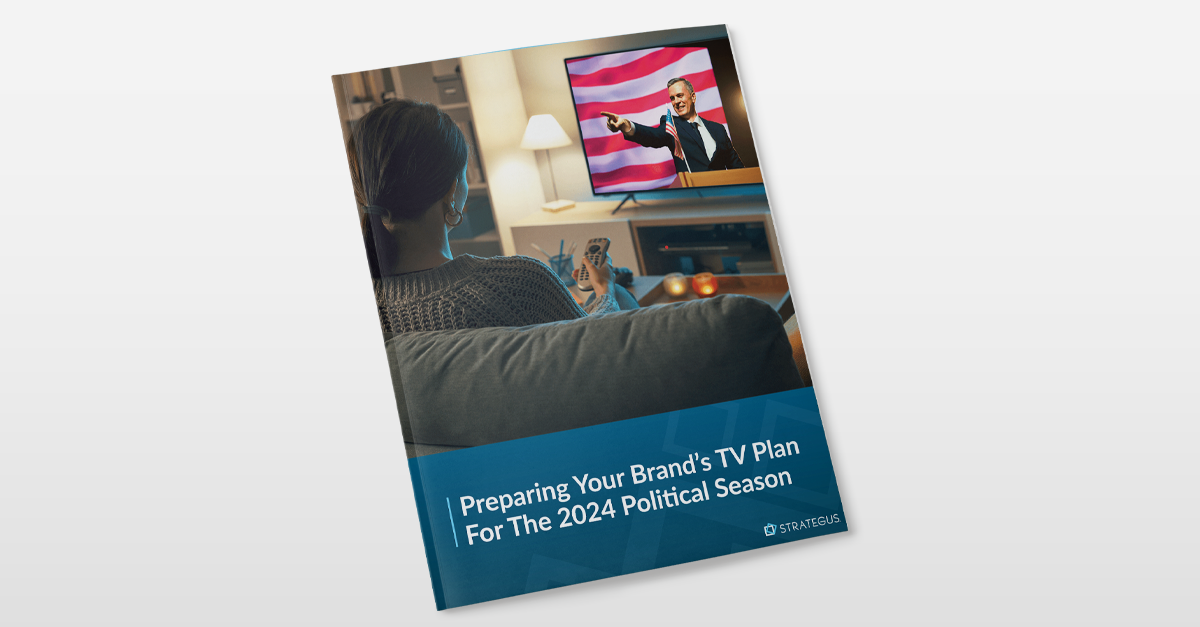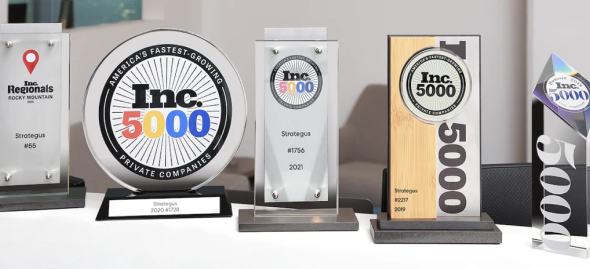- Home
- Company News
- How the Algorithm Killed the Jingle
How the Algorithm Killed the Jingle
 Andy Dixon
Andy Dixon
5 minutes read
You don't need to remember brands if brands remember you
With the assuredness of a cultish chant and the unity of a national anthem, many of us wouldn't hesitate before singing the remainder of phrases like "Like a good neighbor…," "Ace is the place…," "1-8-7-7-Kars…," and so on. You can hear them in your head now, can't you? The jingle: capitalistic nursery rhymes played for us over and over again during television commercial breaks and radio spots.
The jingle was once a marvel of advertising ingenuity — a way to cement a brand into the minds of every unwitting watcher or listener in the country, relevant or not. Since the success of the radio broadcasting of a jingle for Wheaties in 1926, these short pithy tunes have been a favorite tool of advertisers to get products ingrained into the psyche of the consumer. We might not be able to remember how many members of Congress there are, but we do know the phone number to the Empire carpet company.
But a lot has changed since the days of hand-held radios and cable television. With e-commerce, digital analytics, data collection, and artificial intelligence, the world of advertising looks very different in 2022. And as brands continue to learn more and more about us, the less use they'll have for the jingle.
Sure, there are still some people who resignedly sit through commercials on cable TV and listen to the FM radio in their cars, but those numbers are dwindling, making it less cost-effective for ad agencies to spend the money and time crafting jingles that only a few will hear. Turbo-charged by the pandemic, the number of Americans who ended their traditional pay-TV service reached a record high in 2020, totaling 7 million American households. And as jingle-writer Steve Karmen, dubbed "King of the Jingle" by People magazine, said in a 2016 interview with NPR, "Unfortunately, jingle is an unacceptable word today. Jingle implies old. Jingle implies stodgy. Jingle implies not with it."
Today, capturing customers is no longer as quaint as crafting an earworm, but reliant instead on the culling of data on millions of users across the internet, personal devices, and even smart TVs. With interactive data from tech giants Facebook and Google — who together own almost 50 percent of the $200 billion digital advertising market in the U.S. — as well as details gathered from the likes of your credit card company or social media apps, marketing companies can craft ads based on your preferences. Many of these details are compiled into what Joel Cox, co-founder of advertising technology firm Strategus, calls "identity graphs." These help marketing companies better understand what, how, and when to try to sell you products.
And as streaming services gradually eclipse cable television, advertisers are increasingly investing in personalized commercials that appear on streaming platforms. Spending on streaming service and smart TV advertising grew by 40.6 percent from 2019 to 2020. As Consumer Reports notes, almost every streaming service that shows ads, including Hulu, Peacock, and YouTube TV, presents targeted commercials.
When we think about the extent — and success — of algorithmic personalization, it's hard not to discuss TikTok, now the most successful video app in the world. Through its unique algorithm, TikTok is able to keep you scrolling, drop you down into a rabbit hole you never knew you wanted to be in, and bring you back again and again. The app's algorithm, in its most simplistic version, largely relies on three pieces of data: likes, comments, and playtime.
Not all companies or advertisers rely on an algorithm quite like TikTok's, but most do know more about their average consumer than they ever did before. And since 31 percent of American adults are on the internet "almost constantly" and 85 percent are on at least once a day, there are few moments when we are not being confronted with targeted ads.
That raises the question: Do consumers even need to remember brands if the brands are remembering us? Do we need a jingle to recall the existence of a furniture store or clothing brand if we've already been identified as an interested consumer and get related ads on Instagram and Facebook for the company almost constantly?
In this era of personalization, it seems wasteful that the jingle for Kars4Kids was heard by many who did not own a car, were not planning to donate their car, or were not even of age to drive a car. Many individuals of a certain age grew up knowing that Nationwide was "on their side" far before they knew a thing about insurance companies, or even what insurance was.
Today, visit a website a few times or leave a couple of items in your online shopping cart, and you could be receiving promotional emails and texts from a brand for years. Not only are we more reliant on the internet to remind us, or even tell us what we like, need, or want, but we're also more inclined to move from one thing to the next at a faster pace. Today there is a shortening time frame for digital impact or relevancy, making it more necessary for brands to capture your attention while they can, rather than in the hopes of holding it for a lifetime.
Thus, the more companies know about you, the less you need to know about them. Folgers no longer needs you to sing, "Every morning waking up, it's Folgers in your cup." They already know what's in your cup.

Andy Dixon is a seasoned Content Writing Specialist at Strategus, renowned for his expertise in creating engaging and impactful digital content. With over a decade of experience in content creation, Andy has honed his skills in a variety of niches, ranging from technology and marketing to education.
Strategus is a managed services connected TV(CTV) advertising agency with over 60,000+ campaigns delivered. Find out how our experts can extend your team and drive the result that matter most.
Talk to an Expert
Seeking a Custom CTV Strategy That Delivers?
What to read next
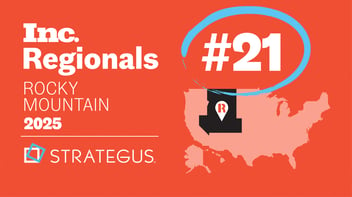
Strategus Ranked #21 on the 2025 Inc. Regionals: Rocky Mountain List of Fastest-Growing Private Companies
For the fourth year in a row, Strategusis proud to announce our recognition on the Inc. Magazine Regional list as one of the fastest-growing...
2 minutes read
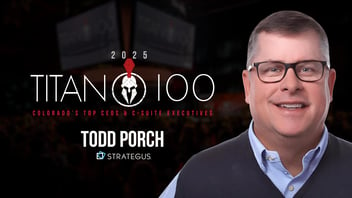
Todd Porch Named to the 2025 Colorado Titan 100
Denver, CO – March 18, 2025 – Titan CEO and headline sponsor Wipfli LLP are pleased to announce Todd Porch, CEO of Strategus, as a 2025 Colorado...
3 minutes read
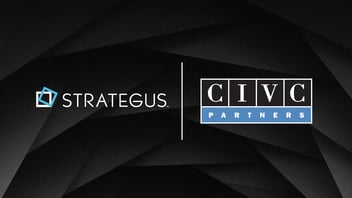
Strategus Announces Majority Investment from Private Equity Firm CIVC Partners
Investment will fuel continued growth of leading managed services provider of CTV advertising Todd Porch moves from President to CEO as company is...
3 minutes read
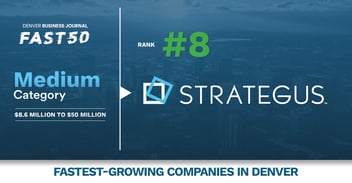
Strategus Named To Denver Business Journal Fast 50
DENVER – September 25, 2020 – The Denver Business Journal has named Strategus to its 2024 Fast 50 list of fastest-growing private companies in...
2 minutes read

